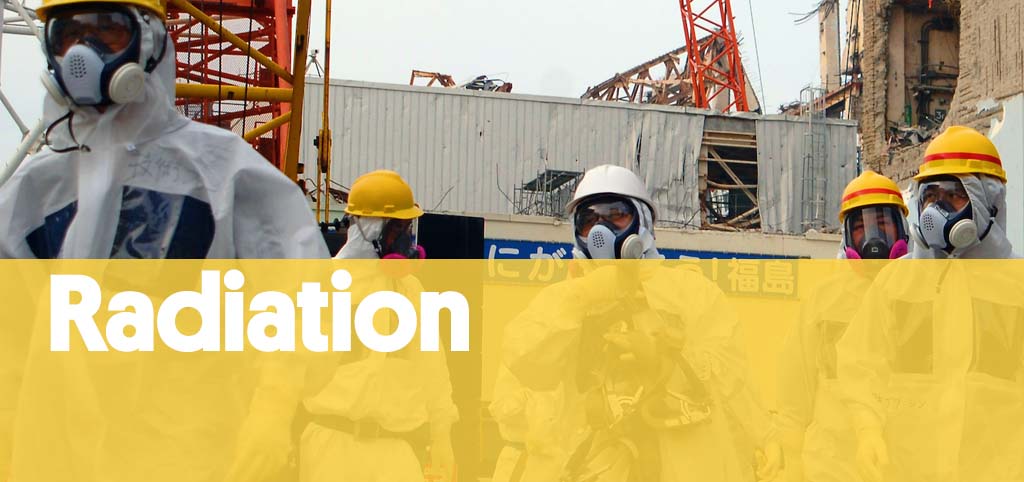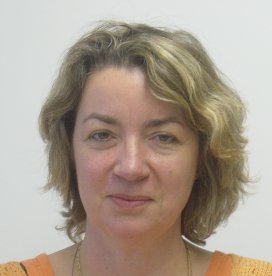MOBI-KIDS

- Duration
- 2009-2014
- Coordinator
- Elisabeth Cardis (ISGlobal)
- Funded by
- Comisión Europea
So far, little is known about risk factors for brain tumours. Some factors (e.g. exposure to ionizing radiation) and family history of brain cancer are known to increase the risk of developing brain tumours. Other environmental factors (e.g., exposure to chemicals, nutrition during pregnancy or exposure to electromagnetic fields including cellular phone use) may be associated with brain tumours. With respect to the latter, the use of cellular phones and other communication technologies has increased dramatically over the last decade, especially in children and its role in the development of brain cancer in young people has yet to be studied.
One problem in the study of environmental risk factors and brain cancer in young people has been the limited number of children included in previous studies. Although the frequency of brain cancer may have increased in young people over recent decades, it is fortunately still a rare disease. Therefore, international studies are needed to answer such research questions.
An international multi-centre study involving experts from 16 European and non-European countries is being conducted to examine the potential associations between use of communication devices and other environmental factors and risk of brain tumours. The study is partly supported by the European Union.
Between 2011 and 2014, nearly 1000 young people between 10 to 24 years with brain tumours and a similar number of young people without a brain tumour will be invited to participate in the study. A detailed questionnaire will be used covering demographic factors, residential history and questions on risk factors in the environment including the use of cellular phones of young people.
The following centres are involved in data collection:
• Australia: the University of Auckland and MONASH University
• Austria: the Medical University of Vienna
• Canada: the University of Ottawa
• France: the Association pour la Recherche Epidémiologique dans les Cancers de l’Enfant et de l’Adolescent and the Université de Lyon, Institut National de Recherche sur les Transports et leur Sécurité, Institut national de Veille Sanitaire, Unité Mixte de Recherche épidémiologique et de Surveillance Transports Travail Environnement
• Germany: the Ludwig-Maximilians-University Munich
• Greece: the National and Kapodistrian University of Athens
•India : Tata Memorial Hospital, Mumbai
• Israel: the Gertner Institute for Epidemiology & Health Policy Research
• Italy: the Università degli Studi di Torino
•Japan: Tokyo Women’s Medical University
•Korea: Dankook University College of Medicine
• New Zealand: the University of Auckland
• Spain: ISGlobal, Fundació IMIM, Instituto de Salud Carlos III, University of Huelva and University of Valencia
• Taiwan: the National Taiwan University College of Public Health
• The Netherlands: Universiteit Utrecht
Support for exposure assessment will be provided by Orange in France, Public Health England, Tokyo Metropolitan University, and the Electronics and Telecommunications Research Institute in Korea. The project is coordinated by ISGlobal, Barcelona, Spain.
Our Team
Principal Investigator (PI)
-
 Elisabet Cardis Research Professor, Head of the Radiation Group
Elisabet Cardis Research Professor, Head of the Radiation Group
Our Team
-
 Gemma Castaño Staff Scientist
Gemma Castaño Staff Scientist -
Ángela Zumel Marne
Other projects
See Past ProjectsMCC-Spain
Population based multicasecontrol study on common tumours in Spain
INMA - Environment and Childhood Project
HELIX
Novel tools for integrating early-life environmental exposures and child health across Europe
EGG/EAGLE
Early Genetics Growth/Early Genetics and Lifecourse Epidemiology
PACE
Pregnancy and Childhood Epigenetics
LIFECYCLE
Early-life stressors and LifeCycle health
OMEGA-NET
Network on the Coordination and Harmonisation of European Occupational Cohorts
BiSC (Barcelona Life Study Cohort)
HARMONIC
Health effects of cArdiac fluoRoscopy and mOdern radIotherapy in paediatriCs
Mobilise-D
Connecting digital mobility assessment to clinical outcomes for regulatory and clinical endorsement
EARLY-ADAPT
Signs of Early Adaptation to Climate Change
COVICAT
Cohorte Covid-19 en Cataluña
ATHLETE
Advancing Tools for Human Early Lifecourse Exposome Research and Translation
CONTENT
Cohort of COVID-19 in Spain: social dynamics, mental health and inequalities
EUCAN-Connect
A federated FAIR platform enabling large-scale analysis of high-value cohort data connecting Europe and Canada in personalized health
OBERON
An integrative strategy of testing systems for identification of EDs related to metabolic disorders
EXPANSE
EXposome Powered tools for healthy living in urbAN SEttings
AURORA 2021
Actionable eUropean ROadmap for early-life health Risk Assessment of micro- and nanoplastics
ONES
Fine Particle Matter, Fetal Growth, and Neurodevelopment: Examining Critical Windows of Susceptibility
AIR-NB
Pre-natal exposure to urban AIR pollution and pre- and post-Natal Brain development
El impacto de la exposición al metaboloma de esteroides materno-fetales en el crecimiento infantil y los resultados neurológicos (IGRO)
Project Code: PI21/01269
NutinBrain
The role of seafood and nut consumption on human neurodevelopment from pregnancy to adolescence
ALTER - Contaminación del aire, microbiota intestinal y neurodesarrollo en los primeros 24 meses de vida
Project Code: PI21/01278
Alimentación S2: por una dieta saludable y sostenible
Estudio sobre la exposición a nano y microplásticos a través del agua de consumo de Barcelona
¿Es mejor consumir el agua de grifo si queremos reducir la exposición a nano/micropláticos?
UrbanKids
Urban and social environment and childhood obesity – a natural moving2health experiment
Urban Health Citizen Lab
Urban planning, environment and health
Characterizing Oral Exposure to Nanoplastics and Microplastics
Characterization of Oral NMP Exposure
iGenCO
In-Depth Genomics and Cross-Omics Analysis for Undiagnosed Rare Diseases on a User-Friendly Collaborative Platform
5G expOsure, causaL effects, and rIsk perception through citizen engAgemenT
GOLIAT
CityExposomeCat
An Exposome Approach to Urban Health: Individualized Environmental Exposure Assessment in an Adults Population Cohort Study (GCAT)
TwinAir
Digital Twins Enabled Indoor Air Quality Management for Healthy Living
Subclinical Infections in Children and Long Term Health Effects
Infection acquisition in early life and health outcomes in childhood - MARATO TV3
Exposición prenatal a sustancias poli y perfluoradas en agua de consumo y neurodesarrollo en el inicio de la vida
Project Code: PI20/00829
Base genética materna y fetal de la función placentaria
Project Code: PI20/01116
TOLIFE
Combining Artificial Intelligence and smart sensing TOward better management and improved quality of LIFE in chronic obstructive pulmonary disease
BWater
Drinking Water in Barcelona: Sustainability and Health Impact Assessment
CUPID
intoDBP
Innovative Tools to Control Organic Matter and Disinfection Byproducts in Drinking Water
FINDOOR
FTIR spectroscopy for real-time detection of bacterial outbreaks and the rapid identification of pathogenic serotypes, relapsing infections and antibiotic resistance
OccRF-Health
Occupational exposure to radiofrequency electromagnetic fields: From exposure assessment to study of health in workers and their offspring
EPHOR
Exposome Project for Health and Occupational Research
EXPONIT
Analysing and studying how night shift work affects workers' circadian rhythms and health
IHEN
International Human Exposome Network
El microbioma intestinal y la disrupción circadiana
Un estudio epidemiológico molecular sobre enfermedades cardiometabólicas y salud mental
B-Triage
Una prueba en el punto de atención para la estratificación del riesgo de los pacientes febriles basada en los niveles de sTREM-1
e-QuoL
e-health tools to promote Equality in Quality of Life for childhood to young adulthood cancer patients, survivors and their families
AM-MENTAL
What happens with your mental health when your supervisor is an algorithm?
UBDPOLICY
The Urban Burden of Disease Estimation for POLICY Making




